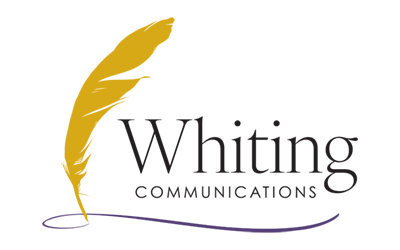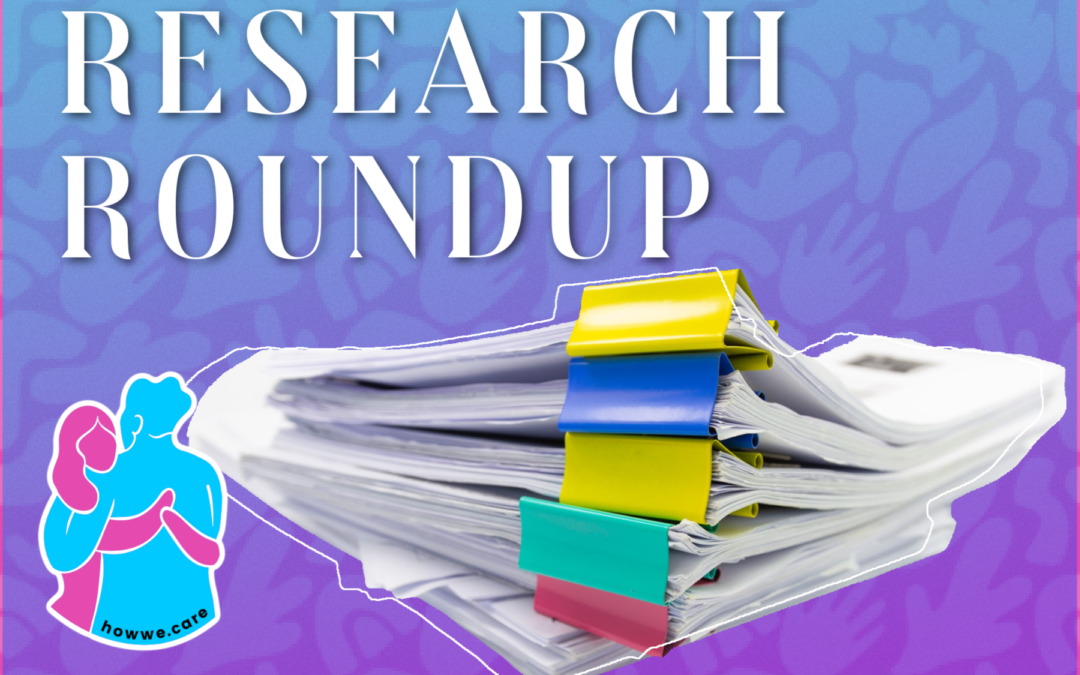40% of American adults are family caregivers, says RAND’s Hidden Heroes follow-up report
Roughly 14.3 million adults are military or veteran caregivers, while an additional 91.3 million civilian caregivers support a wounded adult or an adult with an illness or injury requiring care. These estimates come from RAND’s America’s Military and Veteran Caregivers: Hidden Heroes Emerging from the Shadows report, a follow-up to its groundbreaking 2014 Hidden Heroes report.
For perspective, that’s an estimated total of 105.6 million family caregivers of adults (40% of all Americans), more than twice the last estimated prevalence of 47.9 million (53 million U.S.-based caregivers of adults or children with disabilities) (NAC/AARP).
The 319-page report makes 9 broad policy recommendations for work, health care systems, research, and support programs for family caregivers of military Veterans and active service members. RAND also offers more digestible recaps of the report findings, including how “caregiver” is defined and estimated in the new study. For fellow data nerds, the report’s appendices provide greater detail into its methodology, panel partner, sampling, and survey questions.
RAND notes this report, in estimating national prevalence, moves away from past research that often relied on a single screening question to identify caregivers. Arguably, the new screener provides a more comprehensive way to identify family caregivers of adults (although it does not include caregivers of children with disabilities or special needs). Future comparisons between this estimate and past research will need robust analysis to support trends, suggest policy changes, and check for potential coverage gaps over time.
Read it at:
America’s Military and Veteran Caregivers, Rajeev Ramchand, Sarah Dalton, Tamara Dubowitz, Kelly Hyde, Nipher Malika, Andrew R. Morral, Elie Ohana, Vanessa Parks, Terry L. Schell, Gretchen Swabe, et al. Published Sep 24, 2024.
CATO’s Earned Income Tax Credit (EITC) analysis spotlights caregiving vs paid work dilemma
If caregivers are given greater social safety net programs, do they provide more care?
That’s a core question behind a new research brief from the CATO Institute. It says that many people eligible for “substantial” earned-income tax credit (EITC) benefits are “likely to provide care to parents” and this care may be impacted by EITC-related increases in employment, especially among single mothers providing care to parents aged 65 and older.
The benefits of an increased EITC payment for families aren’t clear, as daughter-caregivers wouldn’t necessarily spend more on their older parents. Notably, the report found work requirements under programs like EITC actually make it harder for families to meet their care responsibilities.
The underlying research (PDF) and CATO’s review found that a $500 increase in the average EITC benefit translated to 24 fewer hours of provided care per month, which equated to a reduction in 288 care hours per year. While other adult children may have stepped in to help with chores, there was “no evidence” that they helped with functional limitations or that the daughter-caregivers gave more money to their parents to cover other expenses.
The modeling assumes that families receiving the increase would then hire outside support, such as a direct care worker, at an estimated $10/hour. Thus, CATO concludes that the EITC, an annual payment, could potentially lead to a $2,380 increase in family expenses when factoring in paid care. In addition, CATO found that “work requirements unintentionally cause benefits recipients to have less time to provide care to their parents and that paid care or care from other adult children is unlikely to fully compensate for this setback.”
The intersection of economic stability and health costs is complex. This research focuses on costs and care relative to the person receiving care. The long-term impact of increased employment linked to the EITC may substantially benefit the person providing care. Groups like the Center for American Progress estimate that workers can expect to lose up to three or four times their annual salary (across a lifetime of earnings) for each year out of the workforce. Tax wonks should think about what type of family care is being incentivized — and the impact to gender equity of work-related incentives and other financial support programs.
Read it at:
Katherine Michelmore, Anna Wiersma Strauss, and Emily E.Wiemers, “Does the EITC Reduce Caregiving for Parents?,” National Bureau of Economic Research Working Paper no. 32583, June 2024.
Could gratitude offset the compassion fatigue facing Alzheimer’s and dementia caregivers?
It can be easy to focus on the negative emotions associated with caregiving for people with Alzheimer’s disease and other progressive neurocognitive disorders. But a new study from Baylor University found that family caregivers who recognize and cultivate gratitude may be better able to adjust to caregiving roles with a “greater sense of well-being and enhanced coping.”
The interdisciplinary research tied a higher disposition for gratitude to being more resilient, empathetic, and better able to handle caregiving challenges. It defines 3 pathways for gratitude: personal strength, external support, and spiritual guidance. It suggests that understanding gratitude and how to cultivate it within this population could inform the development of clinical interventions for caregiver well-being.
This research continues a line of thinking about the positive impacts of caregiving. Perhaps it’s worth a second look at the 2013 study from Johns Hopkins on how reframing the caregiving experience can improve it and extend the caregiver’s lifespan.
Read it at:
McGee, J. S., Davie, M., Meraz, R., Ambrose, M., &Boddie, S. C. (2024). “I can see the good, even when things around are rough”: Gratitude among family caregivers of people living with early-stage Alzheimer’s disease. Journal of Human Behavior in the Social Environment, 1–16, https://doi.org/10.1080/10911359.2024.2355119.
Other pings on the caregiving radar
Pitt wraps its 3rd biennial conference on family caregiving research
The National Rehabilitation Research & Training Center held its 3rd Biennial Conference on Family Caregiving Research in Pittsburg, PA on September 25-27.
Not to let a good nickname go to waste, the conference was called “Building Bridges: Connecting Caregiving Research, Policy, and Practice” — Pittsburg is the “City of Bridges” with more than 440, the most of any city in the world.
If you attended, we’d love to hear your favorite thing you saw, experienced, or learned to share with others.
As kids with disabilities grow up, researchers wonder if occupational therapy can help parents
University of Arkansas assistant professor Glenda Hux is reviewing the caregiver stressors associated with developmental transitions for children with complex needs. Challenges increase as these children move between care and school settings or move to adult services. Receiving integrated support during a transition could help parents “feel at ease, decreasing their feelings of isolation and overall stress.”
The ongoing research is part of a longer Integrative Neural Networks (INN) study, the next phase of which will examine whether interventions improve caregivers’ quality of life and health. Ultimately, the researchers hope to develop new care delivery models that prioritize occupational health and wellness for family caregivers.
48% of American women in the sandwich generation worry about their savings
Nearly half of American women caring for both children and parents report feeling under financial strain, according to a new Edward Jones survey.
Some 64% say caregiving responsibilities have negatively impacted their ability to save for the future, and 56% say they don’t have enough savings to support those in their care. Women also reported a negative impact on their own careers, health, and sense of purpose.
Edward Jones, a financial services company, leans into financial planners and asset allocation as the solution.
Want to share your research, thoughts, or ideas?
Email us at hello@WhitingCommunications.com.
About How We Care
This research roundup was written by Geoff Whiting, edited by C. Grace Juneau Whiting, and published by Whiting Communications, LLC. Get it first in your inbox by subscribing here.

